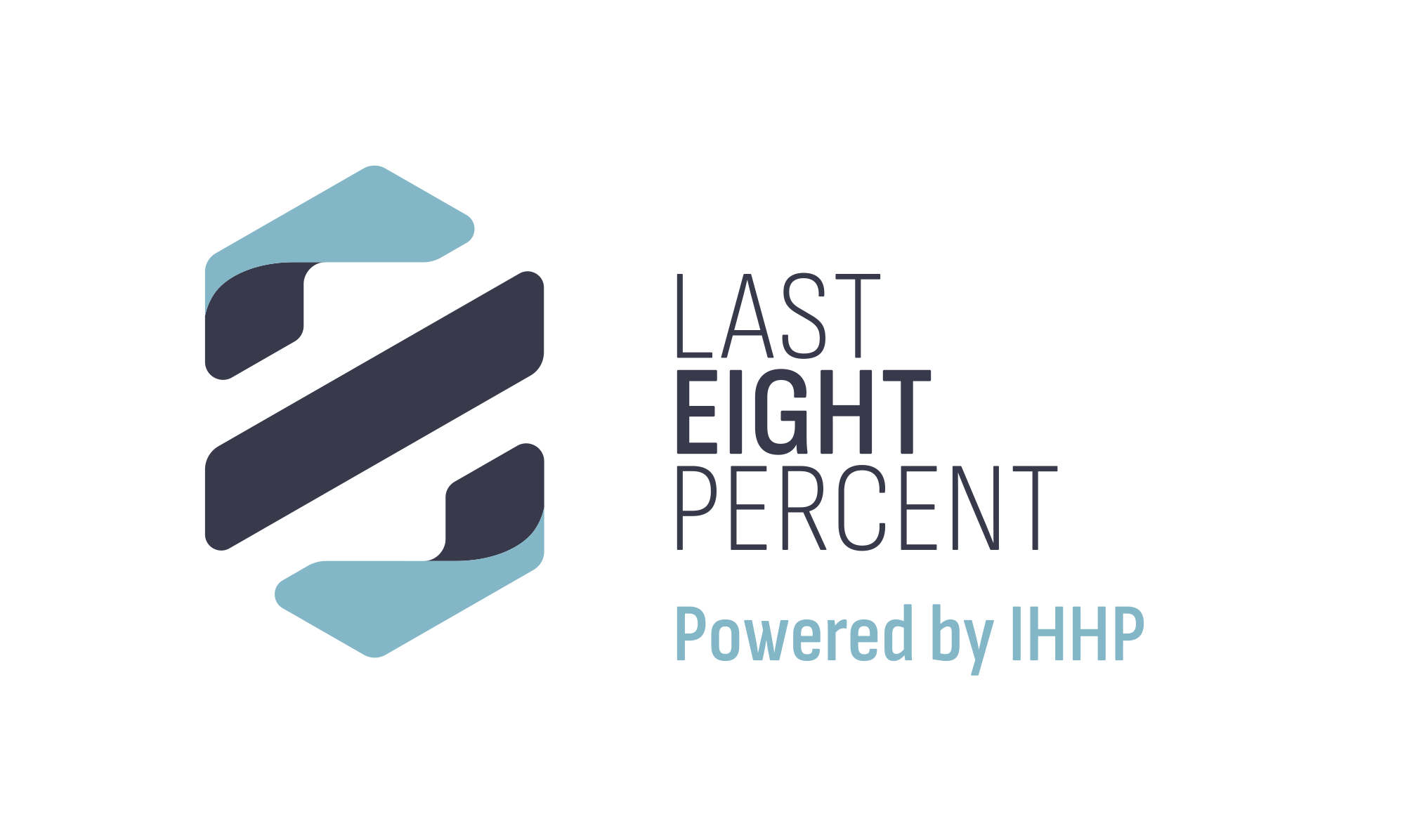In US hospitals today, one in twenty patients receives the wrong medication. Three and a half million patients per year become infected while being treated in the hospital. Half get infected because someone simply didn’t wash their hands. If that doesn’t upset you then this statistic surely will;
84% of health care personnel in these settings have witnessed coworkers taking short cuts that could be dangerous to patients, yet fewer than 10%of physicians or nurses directly confront
their colleagues about their concerns.(1)
I remember the first time as a new manager that I had to give someone feedback and hold them accountable because they weren’t meeting the deliverable deadlines that had been set out for them. I prepared diligently to give them the feedback, making lots notes with all the facts I would present to them. When the time for the meeting came, I was extremely anxious and nervous. The meeting started off ok, but about five or six minutes in I realized I had done all the talking, I could see the person was starting to react emotionally. This was clearly a surprise to them and they were very upset. Now I felt bad – I didn’t want them not liking me or thinking I handled this badly.
I can remember the feeling of “letting up” and “holding back”. In the end, I only gave them part of the feedback they needed to hear and didn’t truly express my concern and frustration at the missed deadlines. Not surprisingly, that behavior continued.
Does this sound at all familiar? There are many different ways that a meeting where we are holding someone accountable can go awry. There are three reasons why I was not effective at holding the person accountable that are common in all of these types of conversations:
1) I didn’t manage my own emotions prior to the meeting, so the other person sensed I was anxious, which immediately set off their emotions.
2) I didn’t approach the conversation in a way that would keep them from reacting emotionally, thereby allowing them to hear the feedback and not react negatively
3) I didn’t have the skills to manage the conversation once it started to derail, so I ended up backing off.
In order for organizations to perform and be effective, we need people to be able to give feedback and hold people accountable. But it’s not easy and most people don’t have the skills to manage the emotions – their own and others – that inevitably arise during these conversations.
In our Emotional Intelligence and Three Conversations of Leadership programs, we provide people with the understanding and tools they need to deal with difficult emotions when they are giving feedback and holding people accountable.
Don’t you wish physicians and nurses had these skills? I wish I had them when I first became a manager. Learn more about how your organization can address the issue of “Unaccountability” on December 4th. For more information or to register for our complimentary webinar click here.
(1)What’s Going on at Your Hospital, White Paper, Institute for Health and Human Potential, 2007

